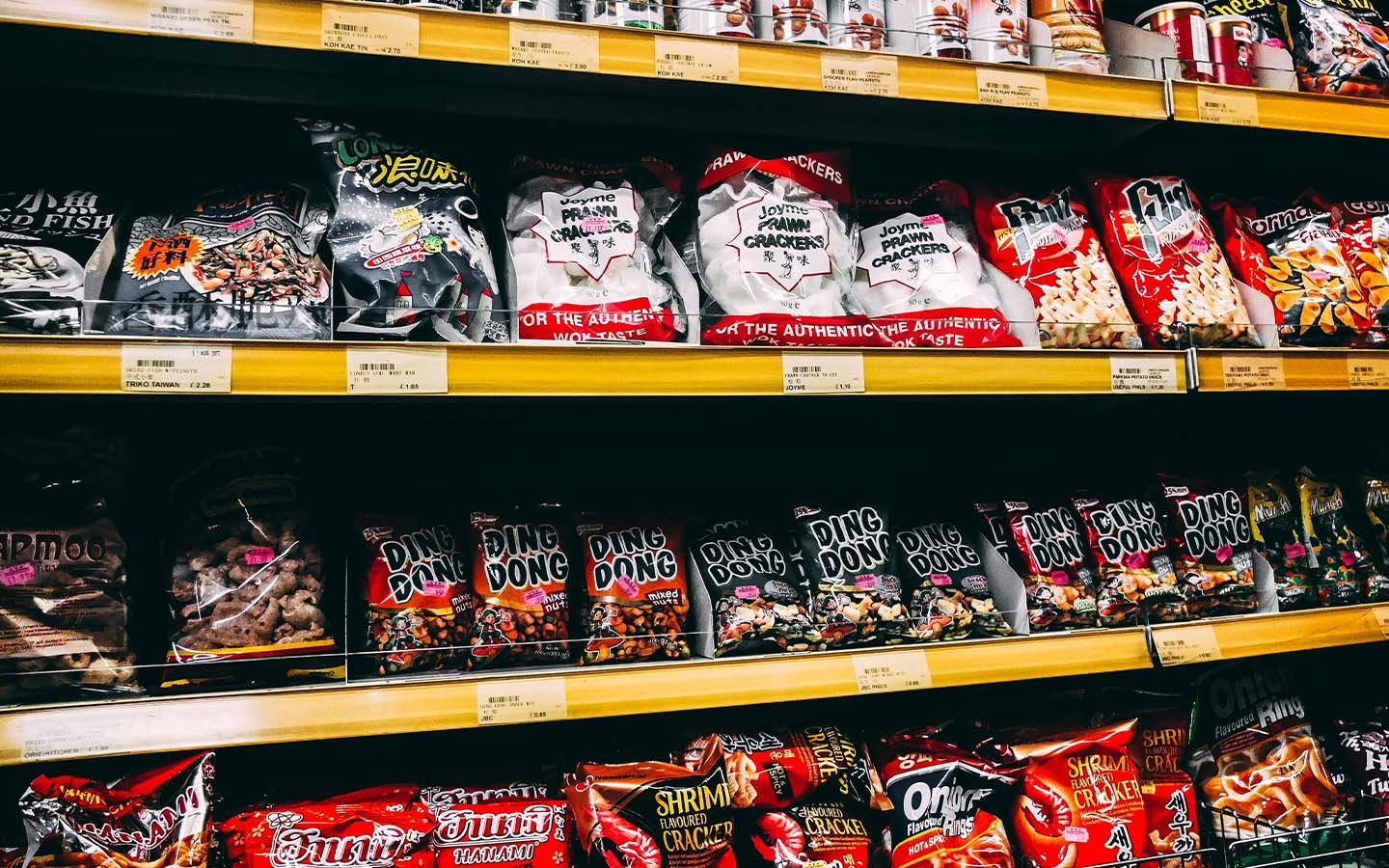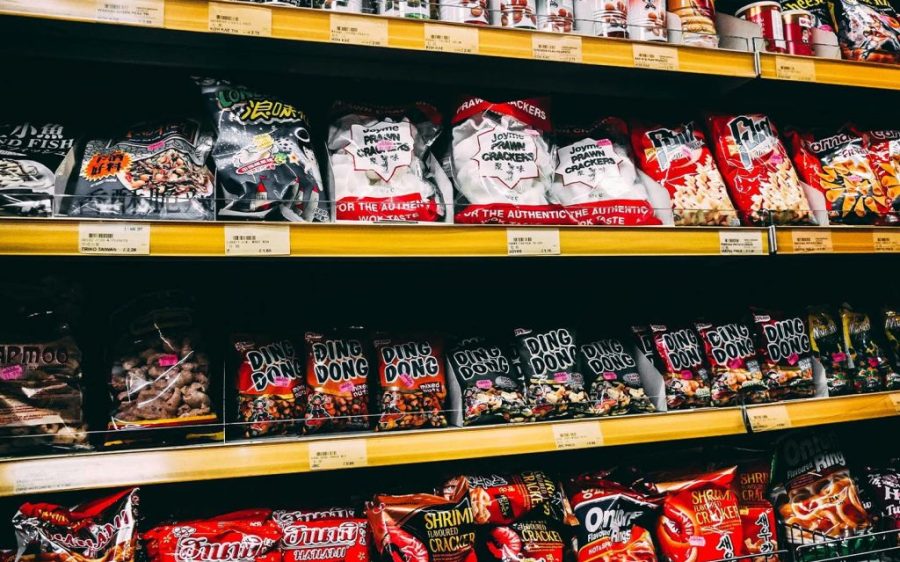One of the world’s top nutritional experts wants governments to treat ultra-processed foods (UPFs) like cigarettes through launching major public health campaigns to curb their consumption – including front-of-pack health warnings.
University of São Paulo professor Carlos Monteiro, who coined the term “ultra-processed foods” some years ago, told the Guardian that chemically modified food was “displacing” healthy diets worldwide and resulting in slews of serious yet avoidable health problems such as heart disease, cancer, diabetes, adverse mental health and obesity.
Monteiro is scheduled to talk about the increasing danger UPFs present to children and adults at the International Congress on Obesity in São Paulo this week.
[See more: Ultra-processed food is even worse for you than you think]
UPFs include fizzy drinks, instant noodles, fast-food, processed meat (like hotdogs and sausages), candy, packaged snacks and alcoholic drinks.
At the congress, Monteiro said he would propose banning or heavily restricting advertisements for UPFs, taxing them heavily (with the revenue being used to subsidise fresh food options), and banning their sale in both schools and health facilities.
“Front-of-pack warnings should be introduced similar to those used for cigarette packs,” he added.
[See more: Consuming refined carbohydrates can make you less attractive]
“Both tobacco and UPFs cause numerous serious illnesses and premature mortality; both are produced by transnational corporations that invest the enormous profits they obtain with their attractive [and] addictive products in aggressive marketing strategies, and in lobbying against regulation; and both are pathogenic by design, so reformulation is not a solution.”
Not all health professionals share Monteiro’s views, however. UK-based nutritionist and dietitian Dr Hilda Mulrooney told the Guardian that Monteiro’s approach was “very simplistic.”
“There is no such thing as a safe cigarette, even second-hand, so banning them is relatively straightforward in that the health case is very clear,” she said. “[But UPFs] are not the same as tobacco because we need food – just not in the quantities most of us are consuming.”






